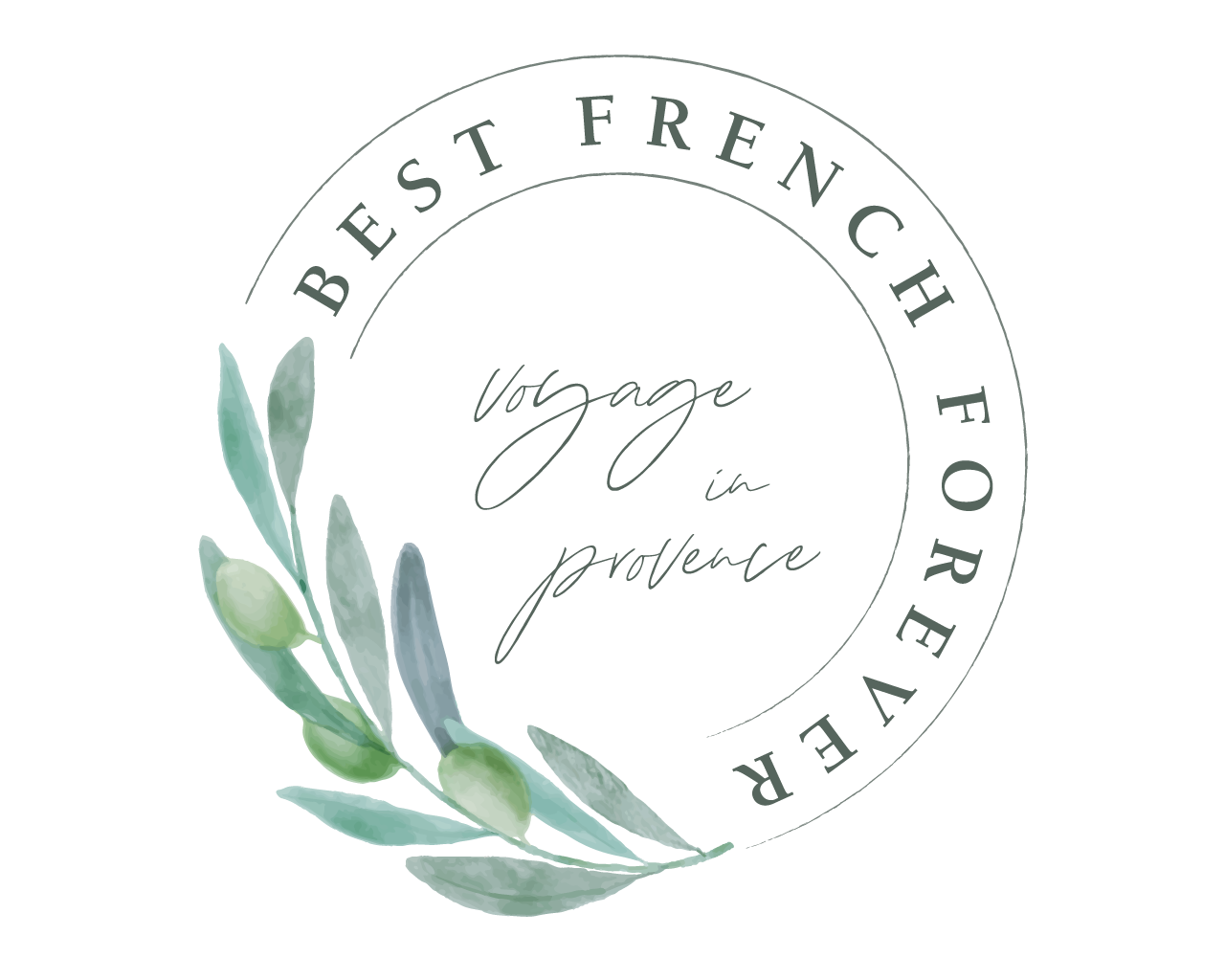Culture and Traditions in France: the Provençal Heritage
In my opinion, the best way to learn anything is by experiencing it first hand. The second best way is by talking with people who live that thing every day.
Interview with a Provence native and dear friend, Julie Pépin
So for today’s blog post, I had the joy of reconnecting with a dear friend from middle school, Julie Pépin. She grew up in a small town near me, in a loving family who values traditions and the importance of transmitting them. She was the perfect person to talk to about Provence’s heritage.
Ready to dive in?
Julie, how did you find an interest for the Provençal traditions?
I got into it at a young age. My grandparents were part of an association that celebrated the Provençal culture, and I decided to join them once, out of curiosity. I loved it right away! We would sing in Provençal and my grandma would help me get dressed as Mireille (traditional outfit of young Provençal girl until 15, then you dress as an Arlésienne).
I learned about the codes and protocols to get dressed and participate in the festivities. It’s very strict, to show respect for the ways our ancestors lived.
What do you like most about it? The clothing, the atmosphere, the symbolic?
For me, the values of family and sharing are essential, and by being involved in these traditional events, I get to help perpetuate the stories and rituals of our ancestors so they continue to live on through us. I love to see that the youth is eager to continue following many of the Provençal traditions. I sure enjoy the traditional festivities themselves, and dressing as an Arlésienne. It’s beautiful and has a lot of meanings.
I’d love to know more. What makes the dress of the Arlésienne so intricate?
Let me show you this illustration of the Arlésienne costume by Nicole Niel so you can see the extent of the apparel. It goes from head to toe, and follows specific rules that all have a symbolic meaning. From the number of folds of the fabric, to the coiffe…
It takes me around two to three hours to get dressed and get my hair done. It feels very special.
So when is the next time you’ll dress as an Arlésienne?
It’s actually coming up this weekend (9/18-19) for la Fête des Olives Vertes in Mouriès (Alpilles). It’s the 50th anniversary of this celebration so we are going to make it big. The Arlésiennes are going to do a parade called ‘Capelado’ and perform a traditional dance, there will be la Peña (fanfare), terraces open on the streets, an abrivado (traditional bulls race)…








